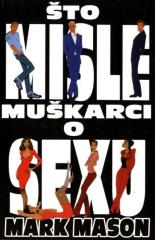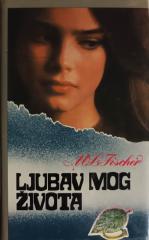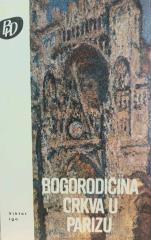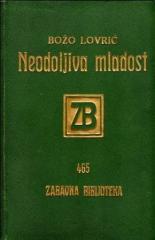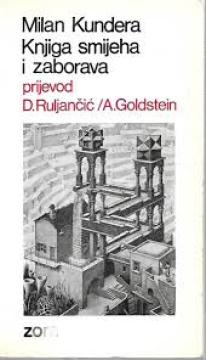
Knjiga smijeha i zaborava
Roman „Knjiga smeha i zaborava“ (1979), fragmentarni roman u sedam delova, istražuje češku istoriju pod komunističkim režimom, posebno nakon Praškog proleća 1968. i sovjetske invazije.
Kundera, izgnanik u Parizu, kombinuje satiru, erotske motive i filozofske digresije, ismevajući totalitarizam kroz priče o manipulaciji sećanjem i identitetom.
Kroz likove poput Ludvika, inženjera rehabilitovanog nakon lažne optužbe, i Tamare, koja beži u izgnanstvo, roman prikazuje kako režim briše prošlost – od uništenih spomenika do izdaja prijatelja – dok smeh postaje oružje: anđeoski (oslobađajući, individualni) naspram đavolskog (kolektivnog, destruktivnog). Erotske scene, poput onih između ljubavnika u Parizu ili tokom invazije, naglašavaju lakoću i težinu postojanja, sukobe uma i tela, javnog i privatnog.
Kundera upozorava da zaborav nije pasivni gubitak, već aktivno brisanje: baš kao što se slika Klementisa briše iz istorije sa fotografije pored Gotvalda, tako se i lična sećanja gase. Roman, napisan na češkom i preveden na engleski, kritikuje lažne narative i slavi umetnost kao otpor. Relevantno u doba manipulacije, Kundera ga vidi kao „roman ideja“ gde istorija postaje metafora za usamljenost i nadu u smehu.
Angeboten wird ein Exemplar
- Poruka lične prirode
